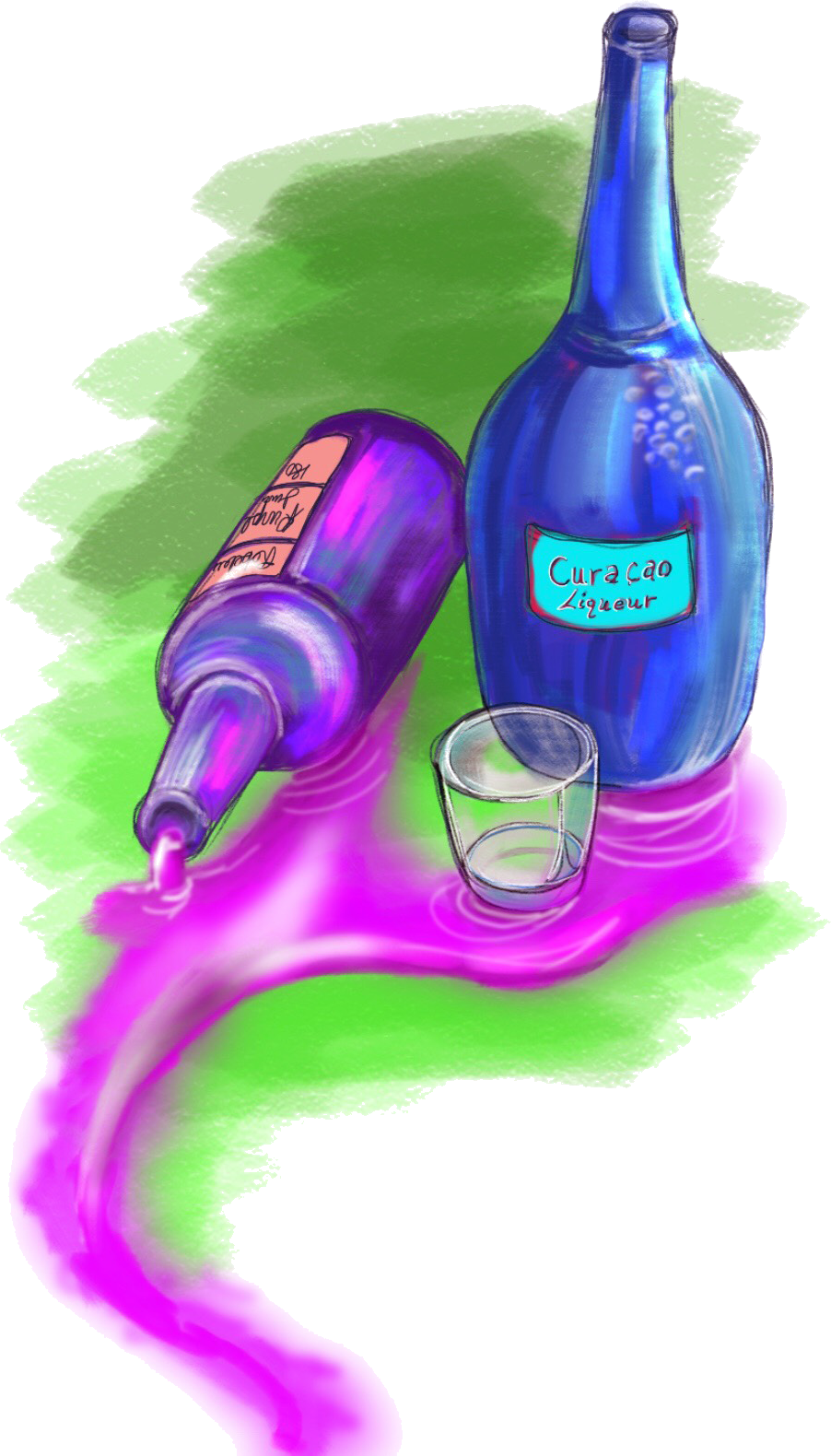
For decades, researchers have failed to determine why some people with a drinking problem have struggled to quit their addictions, while others can stop consuming alcohol fairly easily. But a joint study between Yale researchers and several other collaborators has found the answer. Hint: It’s in your genes.
Researchers in the United States and Denmark used Yale supercomputers — computers with extremely high processing power — to search through the entire genetic codes of people who have battled alcohol addiction and successfully isolated a common gene, called SORC2. According to the study’s researchers, identifying the genetic culprit enables researchers not only to develop medicine specifically targeted to control it, but also to tailor conventional treatments to individuals with different versions of the gene. The study was published on Sept. 25 in the journal Alcoholism: Clinical & Experimental Research.
“It’s kind of like when you’ve solved a crime, so you’ve figured out who is the bad guy — now you [just have to figure out] how to catch him,” said Simon Glerup, a professor at Aarhus University in Denmark.
The researchers performed a genome-wide association study, probing the three billion letter–long genome to find specific genetic markers associated with alcohol withdrawal among a large population of individuals. Since going through this much data has only recently been possible due to advances in processor speed, previously, researchers used candidate gene studies to determine which genes might be relevant.
Unlike genome-wide association studies, which scan the entire genome for common genetic variation, candidate gene studies only analyze associations between genetic variation of predetermined genes. These studies are rarely replicable, said first author and resident physician at Mount Sinai Andrew Smith.
“Now, the preferred approach is to take an agnostic view, to survey the entire genome,” Smith said. “We want to know what the relevant genes are, but we’re not going to assume that we’re clever enough to guess those genes.”
David Goldman, co-author on the study, as well as the clinical director of the National Institute on Alcohol Abuse and Alcoholism and chief of the Laboratory of Neurogenetics, added that advances in technology have greatly enhanced collaboration between labs, especially transnational collaboration.
Working together with the other researchers, Goldman said, opened up conversation about, not only how SORC2 affects alcohol withdrawal, but also about how the gene likely affects other diseases as well.
According to Goldman, an important consideration within gene studies is pleiotropy, which is the ability of one gene to influence multiple characteristics. One type of gene that exhibits pleiotropy is BRCA2, in which multiple variances account for risk factors associated with both ovarian and breast cancer. Goldman added that this study did not pinpoint specific genetic variances within SORC2, so tracking down that variance should be one of the next steps taken.
“So, we know the bad guy is in the neighborhood,” Goldman said, continuing Glerup’s analogy. “But we have to pick precisely who it was at that party, if you will. We have to be 100 percent sure that it’s that one.”
Implications for the findings are still to be determined. Finding more information about the gene itself will help researchers control the gene and its expression, which can significantly help those suffering from alcoholism.
Still, Smith said, cutting-edge gene therapy such as the gene-editing technology, CRISPR, would not be useful. CRISPR can only fix one gene at a time, which is helpful for a small subset of illnesses, but for the complicated problem of alcoholism and other common adult-onset diseases, “there’s not really a way gene therapy could address [them].”
“You’d have to change tens of thousands of locations in the genetic code,” Smith said.
This makes the development of a cure more difficult, according to Smith. Identifying the gene that most impacts people struggling with alcohol addiction is the first step toward a future free of alcohol withdrawal, diabetes or even depression.
Several authors of the study emphasized the possibility of creating new medications, explaining that the next step following the study is to research how to modulate the gene and learn its specific functions. Only then, Goldman stressed, can the insights gained from the study be applied to clinical use in the form of therapies and drug synthesis.
The study has potentially significant social ramifications as well. According to Glerup, the costs associated with treatment for alcohol withdrawal and related complications within the United States is the most expensive of any psychiatric disorder, ahead of schizophrenia and depression.
The Yale Center for Research Computing, which worked closely with researchers to process subjects’ genetic codes, was established in 2015.
Valerie Pavilonis | valerie.pavilonis@yale.edu
Matthew Kristoffersen | matthew.kristoffersen@yale.edu







